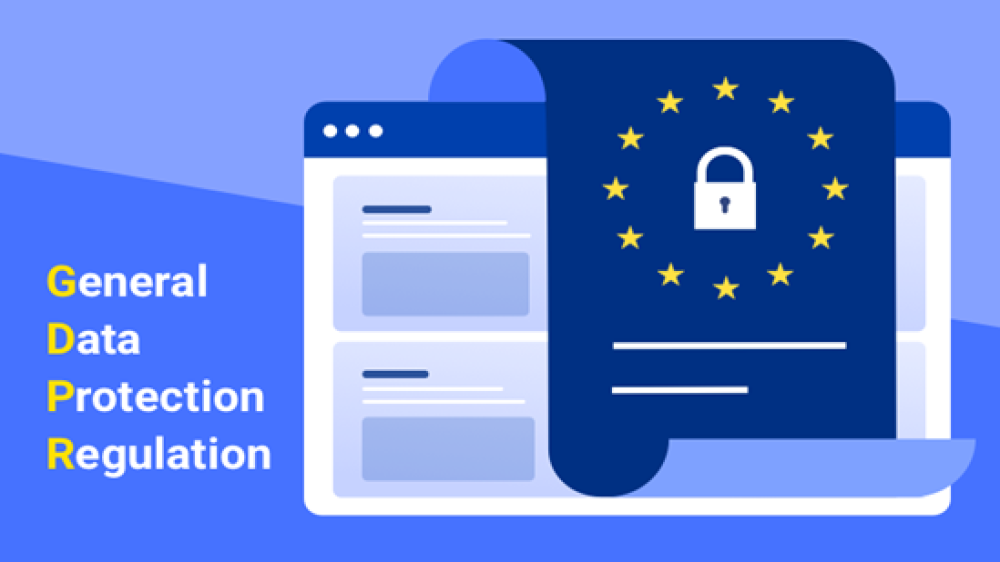New UK data laws seek to curb pointless paperwork for investors and cut down cookie pops-up. The parliament introduced the Digital Information and Data Protection Bill for the first time last summer. Ministers later paused it in September 2022 to engage in a design process with data experts and business leaders. Meanwhile, the ministers hoped to ensure the new regime had high privacy and data protection standards.
Generally, data plays a crucial role in fueling economic growth through society. It unlocks medical breakthroughs and helps people shop online, manage their finances, and travel easily. In any case, data is vital to the development of innovative techs like artificial intelligence. In 2021, data-driven businesses generated 85% of the UK’s service exports and funded up to £259 billion into the economy. These new data reforms might unlock £4.7 billion in savings for Britain in ten years.
It might also help maintain the country’s internationally distinguished data protection criteria. Hence, businesses will continue to trade within the UK freely with the EU and other global partners. The parliament has co-designed the Bill with privacy and key industry partners on amendments. Thus, it will give traders more flexibility in maintaining data protection standards and complying with the regime.
Existing data laws limit how scientists can process personal information during research. Therefore, it deters them from accomplishing some critical analysis. But the new Bill will allow commercial organizations to reap freedoms as academics in innovative scientific research like reusing data. This move will reduce legal costs and research paperwork to encourage more scientific & commercial research. In simple words, the new Bill is non-exhaustive since it features any process that appears scientific in commerce.
It includes activities like pursuing innovative research in tech development. The current version of GDPR reflects a highly authoritarian and top-down plan for privacy and data protection. This approach has shown to limit firms from flexible risk management. Besides, it could result in disproportionate burdens on small-scale firms. The new Bill cuts down on paperwork for compliance. Few firms that process high-risk products will require processing records.
The amendments also affect firms that process large health or sensitive data volumes. Overall, the new legislation will allow firms to access more clarity on processing personal data without consent. They will weigh up individuals’ rights against processing personal data without consent for the public interest. Above all, the new rule might also involve events of public interest like preventing crime through sharing personal data to protect vulnerable individuals and safeguard national security.





